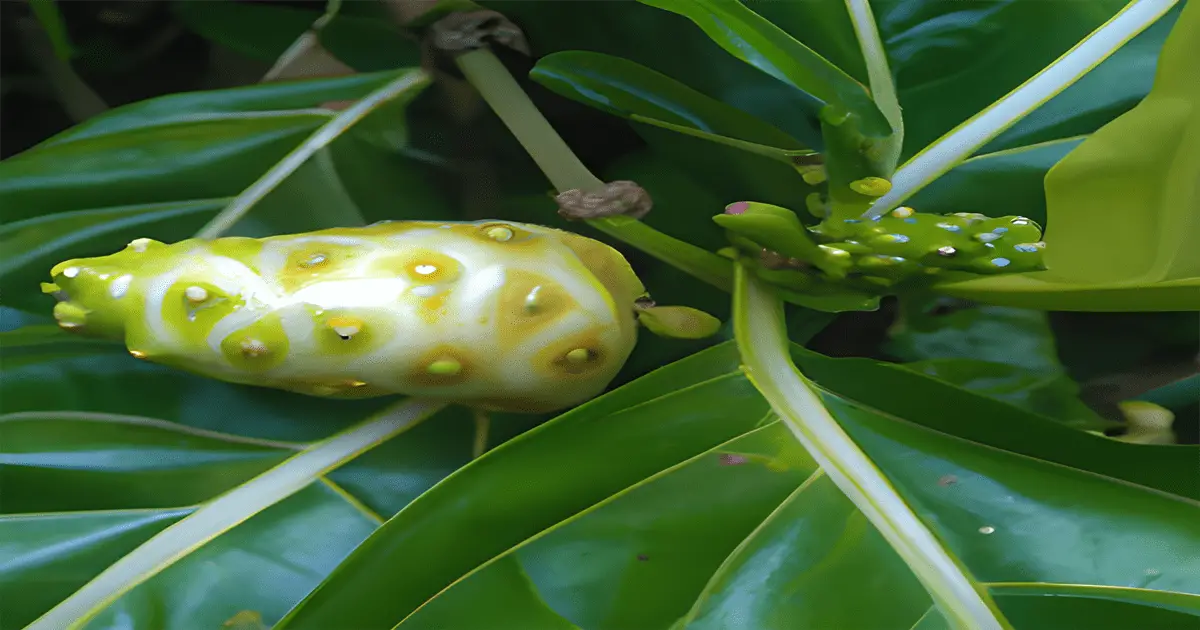
Introduction
Do you know about the power-packed fruit hailed as a miracle in certain cultures? Noni fruit, or Morinda citrifolia, is a tropical fruit rich in nutrients and medicinal properties. This blog post will explore the incredible benefits and uses of noni fruit that have captivated people worldwide.
History and Cultivation
Noni fruit has a long and fascinating history. It originated in Southeast Asia and has been used for centuries in traditional medicine. Today, it is cultivated in various tropical regions, including Polynesia, the Caribbean, and Hawaii. The noni tree prefers volcanic soil and can tolerate harsh conditions, making it an adaptable and hardy fruit.
Nutritional Profile
Noni fruit is a nutritional powerhouse packed with essential vitamins and minerals. It contains vitamins C, A, B3, iron, potassium, and calcium. Additionally, it is rich in antioxidants, which help protect the body from damage caused by free radicals.
Health Benefits
The health benefits of noni fruit are genuinely remarkable. Here are some of the key reasons why this fruit is gaining popularity:
- Boosts Immunity: Noni fruit’s high vitamin C content strengthens the immune system, helping fight infections and diseases.
- Supports Digestive Health: Noni fruit contains enzymes that aid digestion and promote a healthy gut. It has been used to treat digestive issues such as constipation and bloating.
- Anti-inflammatory Properties: Noni fruit has natural anti-inflammatory properties that help reduce inflammation. This makes it beneficial for managing conditions such as arthritis and joint pain.
- Lowers Blood Pressure: Several studies have shown that consuming noni fruit can help reduce high blood pressure and maintain a healthy cardiovascular system.
- Improves Skin Health: Noni fruit is often used in skincare products because it can heal and rejuvenate the skin. It can moisturize, reduce wrinkles, and improve overall skin health.
Uses and Preparations
Noni fruit can be consumed in various forms, depending on personal preferences. It can be eaten fresh, although some may find its odor and taste strong. It is also available in juices, capsules, and extracts, which are more convenient for regular consumption. Additionally, noni leaves are used to make tea, and the seeds can be processed into oil for external use.
Cautions and Precautions
While noni fruit offers many health benefits, it is vital to use it responsibly and consult a healthcare professional if you have any underlying medical conditions or are on medication. Pregnant women and those with liver problems should exercise caution, as excessive consumption of noni fruit can have adverse effects.
Conclusion
In conclusion, noni fruit is a fascinating fruit with numerous health benefits and a rich cultural history. While more research is needed to understand all its potential uses fully, noni fruit continues to amaze with its healing properties. Whether you try it fresh or in supplement form, incorporating noni into your diet may give you the health boost you’ve sought.



